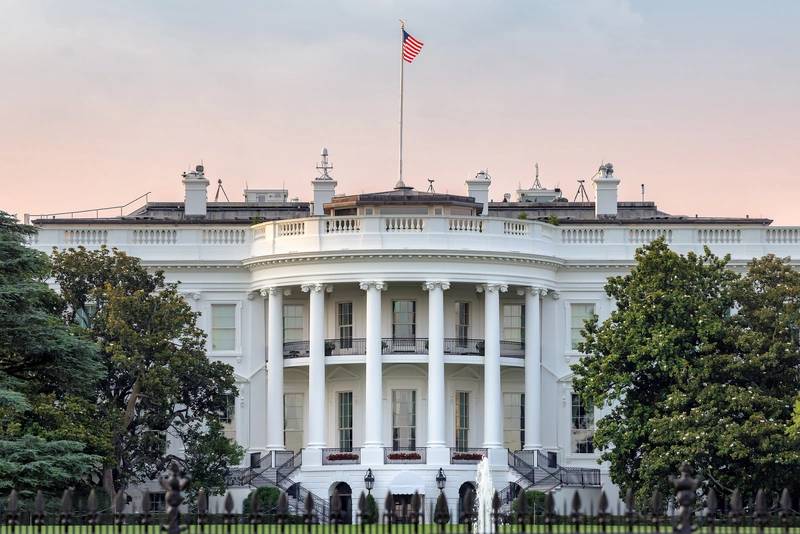Trump 2.0: What it Could Mean for Maritime, Energy and Trade
A Donald Trump presidential election victory [which as of this writing looks most likely] would have huge implications for U.S. trade policy, climate change, the war in Ukraine, electric vehicles, among other areas.
While some of his proposals would require congressional approval, here is a summary of the policies he has said he would pursue in his second four-year term in office:

- MORE TARIFFS
Trump has floated the idea of a 10% or more tariff on all goods imported into the U.S., a move he says would eliminate the trade deficit. But critics say it would lead to higher prices for American consumers and global economic instability. He has also said he should have the authority to set higher tariffs on countries that have put tariffs on U.S. imports. He has threatened to impose a 200% tariff on some imported cars, saying he is determined in particular to keep cars from Mexico from coming into the country. But he has also suggested that allies such as the European Union could see higher duties on their goods. Trump has targeted China in particular. He proposes phasing out Chinese imports of goods such as electronics, steel and pharmaceuticals over four years. He seeks to prohibit Chinese companies from owning U.S. real estate and infrastructure in the energy and tech sectors. Trump has said “tariff” is his favorite word and views them as revenue generators that would help fill government coffers.
- DRILLING FOR OIL
Trump has vowed to increase U.S. production of fossil fuels by easing the permitting process for drilling on federal land and would encourage new natural gas pipelines. He has said he would reauthorize oil drilling in the Arctic National Wildlife Refuge in Alaska. Whether the oil industry follows through and raises production at a time when oil and gas prices are relatively low remains to be seen. He has said he will again pull the United States out of the Paris Climate Accords, a framework for reducing global greenhouse gas emissions, and would support increased nuclear energy production. He would also roll back Democratic President Joe Biden's electric-vehicle mandates and other policies aimed at reducing auto emissions. He has argued that the U.S. needs to be able to boost energy production to be competitive in developing artificial intelligence systems, which consume large amounts of power.
- A PUSH TO END WARS
Trump has been critical of U.S. support for Ukraine in its war with Russia, and has said he could end the war in 24 hours if elected - although he has not said how he would achieve this. He has suggested Ukraine may have to yield some of its territory if a peace deal is to be struck, an idea Ukraine has consistently rejected. Trump has also said that under his presidency the U.S. would fundamentally rethink "NATO's purpose and NATO's mission." He has backed Israel in its fight against Hamas in Gaza but has urged it to wrap up its offensive. Trump can be expected to continue the Biden administration's policy of arming Israel. At the same time, he is likely to push for historic normalization of relations between Israel and Saudi Arabia, an effort he made during his 2017-2021 presidency and which Biden has also pursued. Trump has said if he becomes president, he will "stop the suffering and destruction in Lebanon," but has not said how he will achieve that. He has suggested building an "iron dome" - a massive missile-defense shield similar to Israel's - over the entire continental United States. Trump has also floated sending armed forces into Mexico to battle drug cartels and using the U.S. Navy to form a blockade of that country to stop the smuggling of fentanyl and its precursors.
(Reuters reporting by James Oliphant; editing by Ross Colvin and Jonathan Oatis)
